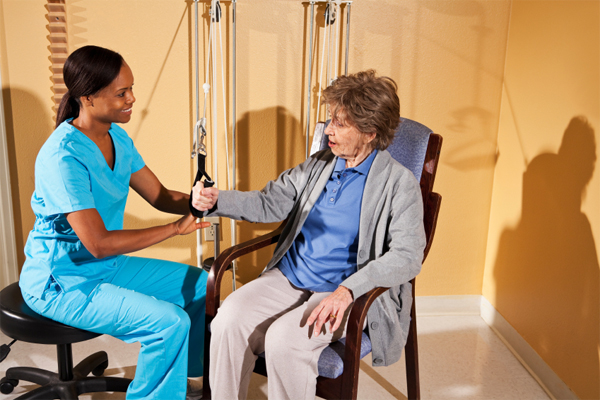



|
Tweet
Pin
It
|
Educational: Entry to the occupational therapy course is after 10+2 with PCB (physics, chemistry and biology). Some institutions may opt for an entrance examination and may select candidates on the basis of performance in the entrance test.
Occupational Therapists undergo several years of schooling in Medical subjects, Psychology, and Occupational Therapy. Besides ongoing practices in clinical/ paraclinical subjects such as Anatomy, Physiology, Pathology, Microbiology/ Biochemistry, Medicine and Surgery (mainly diagnostics and not actual practice of Medicine and Surgery) in addition to Occupational Therapy interventions, therapists are needed to undergo at least 6 months of compulsory internship in various clinical setting, e.g. Orthopedics/ Rheumatology/ Hand Surgery, Neurology, Paediatrics, Burns/ Plastic Surgery, Geriatrics, Psychiatry, etc.
The occupational therapist enters the field with a bachelors, masters, or doctoral degree. Occupational Therapists in India and around the world, usually enter practice with a Bachelor's degree of 4 years. In order to become licensed, he or she must earn this degree from an accredited program, and must pass a national certification exam. In the U.S., while most Occupational therapists are already entering the profession with a Master's degree, from 2007 onwards all colleges/ universities will be mandated to offer only Master's level degrees as the entry-level qualification to practice Occupational Therapy. There are also programs in the US that train Occupational Therapists at the doctoral level at the entry level for the profession.
Those who complete an Associate Degree or Certificate program in Occupational Therapy can become an Occupational therapy assistant (OTA) or aide to the Occupational Therapists. They get most of their training on the job.
Personal Attributes:
• An eye for
detail
• Service mentality
• A scientific
bent of mind, liking for machines and equipments
• He /she also
needs to be empathic towards the pain of the patients
• He /she needs
to have good communication skills and be able to build rapport with the
patients to elicit better results
• Ability to work
hard
• A logical bent
of mind and honesty toward the profession
• Team Spirit
• Alertness of
mind
• Willing to work
even at odd hours
Find it Useful ? Help Others by Sharing Online
Comments and Discussions |
Related
Career Options
|
|||
|
|